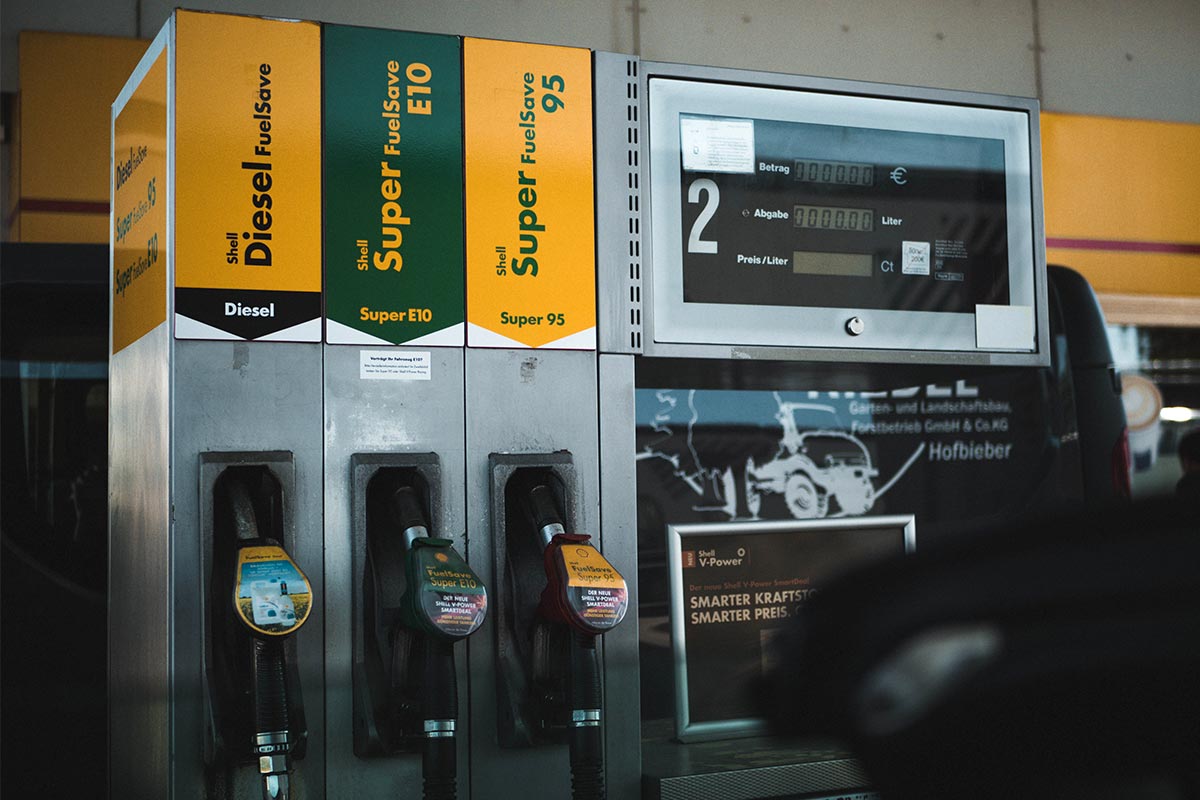Leasing VS Buying Equipment

In addition to the initial cost and obsolescence, leasing your equipment can also provide your business with a substantial tax advantage. While you should always consult with your tax advisor first, most equipment leases can be structured so that you can write off 100% of the annual lease payments. By contrast, current tax laws only allow a business to write off the interest paid on loans. However, because a lease is a rental and the business is only using the equipment, the business can usually write off all of the monthly lease payments just like any other legitimate business expense.
The last major advantage of leasing your equipment instead of buying is that leasing allows you to not show the equipment on your balance sheet. Once again, this is because the equipment is being rented and therefore actually belongs to a different company than the one that is using it. For this reason leases are often referred to as “off balance sheet” financing and this can be a tremendous advantage to many businesses both large and small.
Big businesses prefer this option because they don’t want to own millions of dollars in equipment. This equipment will depreciate substantially with the day-to-day usage. Whoever owns the equipment is responsible for the depreciation on their balance sheet. Also, large corporations may require that the board of directors approve any new loans to the business since. This can make it difficult for the management of the business to operate efficiently. But a lease is not a loan and therefore may not require approval by the board for the managers to get the equipment they need. In smaller businesses this can also be an advantage because they will not show additional debt on the balance sheet that will affect their ability to borrow money in the future. If you are considering selling your business, this may also make your company more attractive to potential buyers since you will be showing less debt on the balance sheet.




